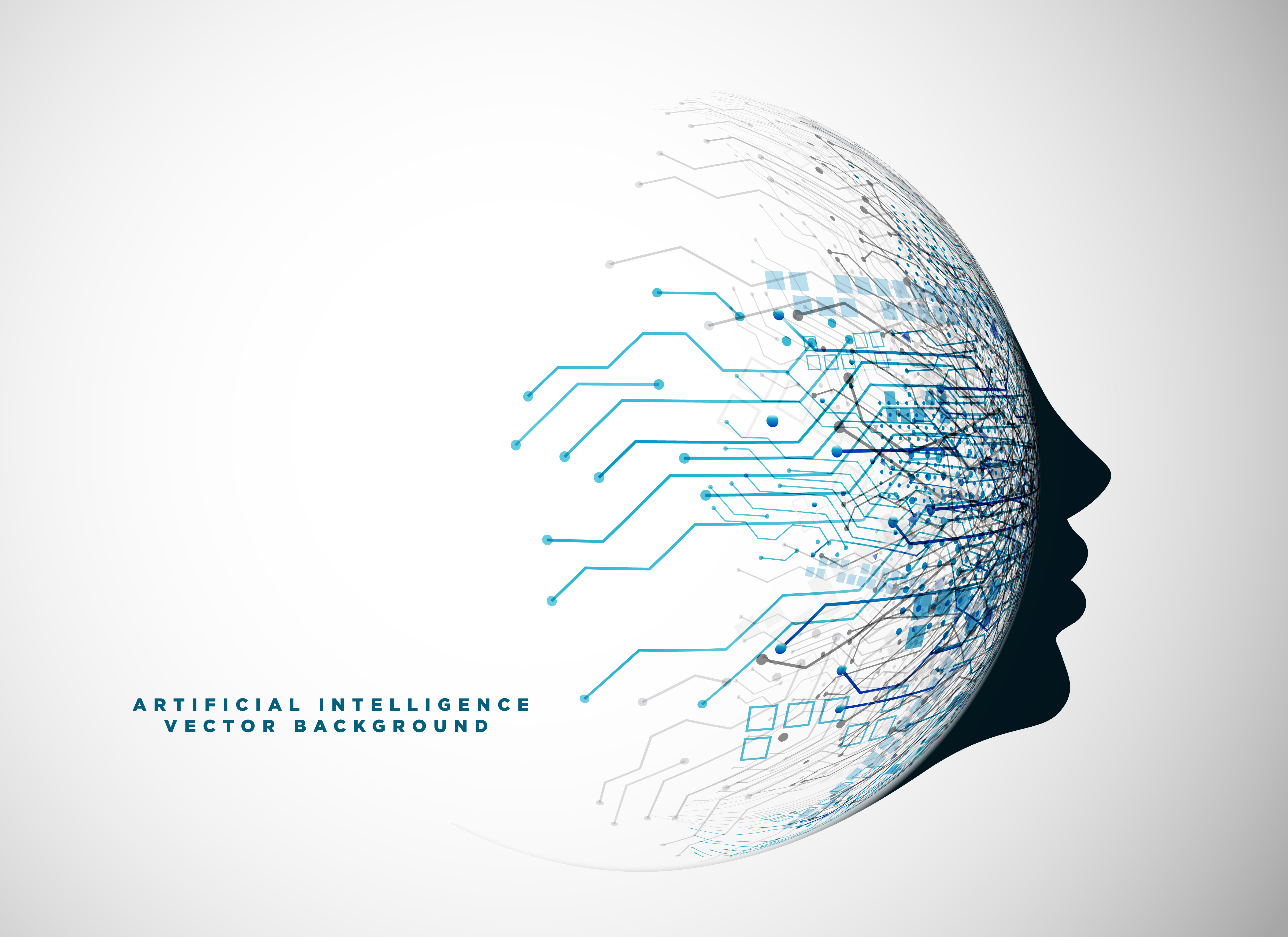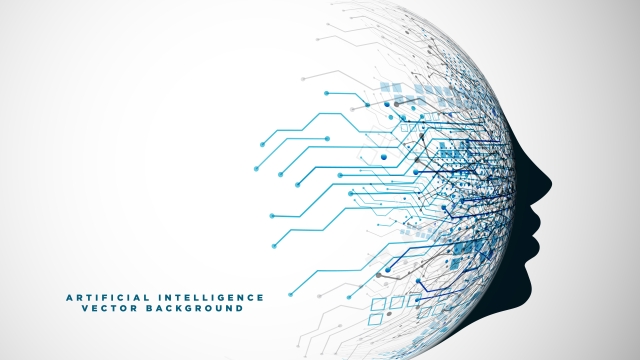
Welcome to the incredible world of artificial intelligence, where machines are constantly learning, adapting, and evolving to revolutionize the way we live and work. Artificial intelligence, often referred to as AI, encompasses the development of intelligent machines that can perform tasks that typically require human intelligence, such as speech recognition, decision-making, and visual perception. This cutting-edge technology is reshaping various industries, from healthcare to transportation, and is poised to usher in a new era of innovation and possibilities. It is truly fascinating to witness the advancements in AI and explore the endless opportunities it presents for the future.
History of AI
Artificial intelligence, or AI, has a rich history that dates back to the 1950s. Early pioneers in the field such as Alan Turing and John McCarthy laid the foundation for the development of AI by proposing the concept of machines that could mimic human intelligence. These visionary ideas set the stage for the exciting advancements that would follow.
The 1950s and 1960s saw significant progress in AI research, with the creation of programs capable of logic-based reasoning. This era, often referred to as the "golden age" of AI, marked the birth of symbolic AI and the exploration of expert systems. Scientists and researchers delved into the possibilities of creating machines that could solve complex problems and make decisions autonomously.
As AI continued to evolve, the 1980s brought about a shift towards more practical applications, leading to the development of machine learning and neural networks. These innovations paved the way for breakthroughs in areas such as natural language processing, computer vision, and robotics. The history of AI is a testament to human ingenuity and the relentless pursuit of creating intelligent systems that can revolutionize the way we live and work.
Current Applications
In the realm of healthcare, artificial intelligence is making significant strides. Machine learning algorithms are being used to analyze medical images and detect potential health issues at an early stage.
Moreover, in the field of finance, AI is being harnessed to predict market trends and optimize investment strategies. These intelligent systems are capable of processing vast amounts of data in real-time, providing valuable insights to decision-makers.
Additionally, artificial intelligence is revolutionizing the transportation industry. Self-driving cars powered by AI technology are being developed to enhance road safety and revolutionize the way people commute.
Ai Search
Future Possibilities
In the near future, artificial intelligence has the potential to revolutionize various industries, from healthcare to transportation. The ability of AI to analyze vast amounts of data quickly and accurately opens doors to advancements in personalized medicine, autonomous vehicles, and predictive maintenance in manufacturing.
Furthermore, as AI continues to evolve, there is excitement around the concept of human-machine collaboration. Imagine a world where intelligent systems work alongside humans, enhancing our decision-making processes and streamlining tasks across different sectors. This synergy between man and machine could lead to unprecedented levels of efficiency and innovation.
Looking ahead, the possibilities seem endless as artificial intelligence paves the way for creating smarter cities, optimizing energy consumption, and even assisting in space exploration. With ongoing research and development, the potential for AI to shape the future is limitless, promising a world where technology serves as a catalyst for progress and transformation.




